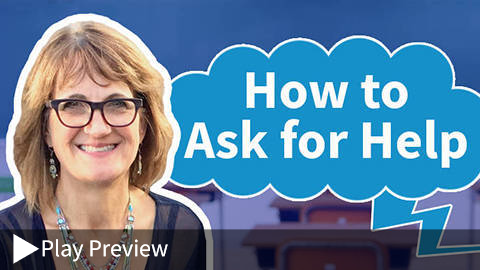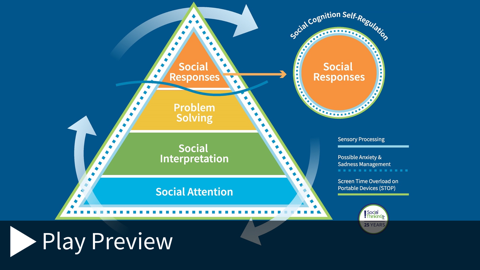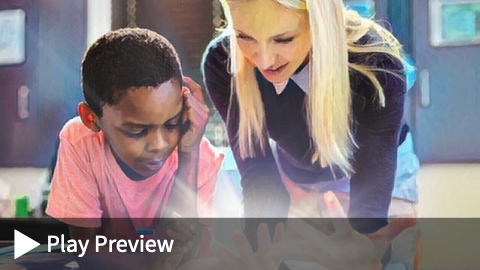Resources & strategies that meet social learners where they’re at—for any developmental age
Social Thinking has helped more than 2.5 million people around the world for over 25 years
Social, emotional, and academic learning is a lifelong journey. At some point, we all struggle in social situations, and engaging in a social problem solving and feeling-based process can be difficult at times for everyone in the social world—at home, at school, at work, and within the community. But, understanding and considering our own and others' thoughts and feelings is essential for understanding most academic subjects. And when we work in groups (which we will throughout our lives), we need to be able to collaborate effectively with others, which requires taking and getting different perspectives, sharing ideas, and resolving conflicts. This is social thinking (thinking socially), and this critical learning is expected to develop and evolve throughout our lives as we work toward our own and collective goals.
That’s why the Social Thinking® Methodology offers a diverse array of research-informed resources, training, curricula, practical strategies, and visual tools for Neurodivergent and neurotypical social learners with solid to strong expressive and receptive language skills and all developmental ages, from 4 –80.
Teachers, speech-language pathologists, counselors, parents, and therapists just like you have used our lessons & strategies for more than 25 years. The Social Thinking Methodology provides evidence-based strategies to help people develop their social competencies, flexible thinking & social problem solving to improve: conversation & social connection, executive functioning, friendship & relationship development, perspective taking, self-regulation, and Social Thinking vocabulary. Our conceptual and teaching frameworks show interventionists, children, students, and clients how the social world operates and why through concrete, specific vocabulary and explicit, step-by-step instruction. And it provides developmentally based strategies and engaging activities to support social learners ages four through mature adulthood in moving toward improvement in their own social goals.
Explore our broad range of products, online courses, conferences, and free resources for teaching practical concepts, vocabulary, and strategies to help guide social learners in some of the most significant learning of their lives.
Free Webinars —Learn Essential Social Thinking Concepts for Free
Products to Support Emotional Awareness and Regulation
Core Products Across All Ages
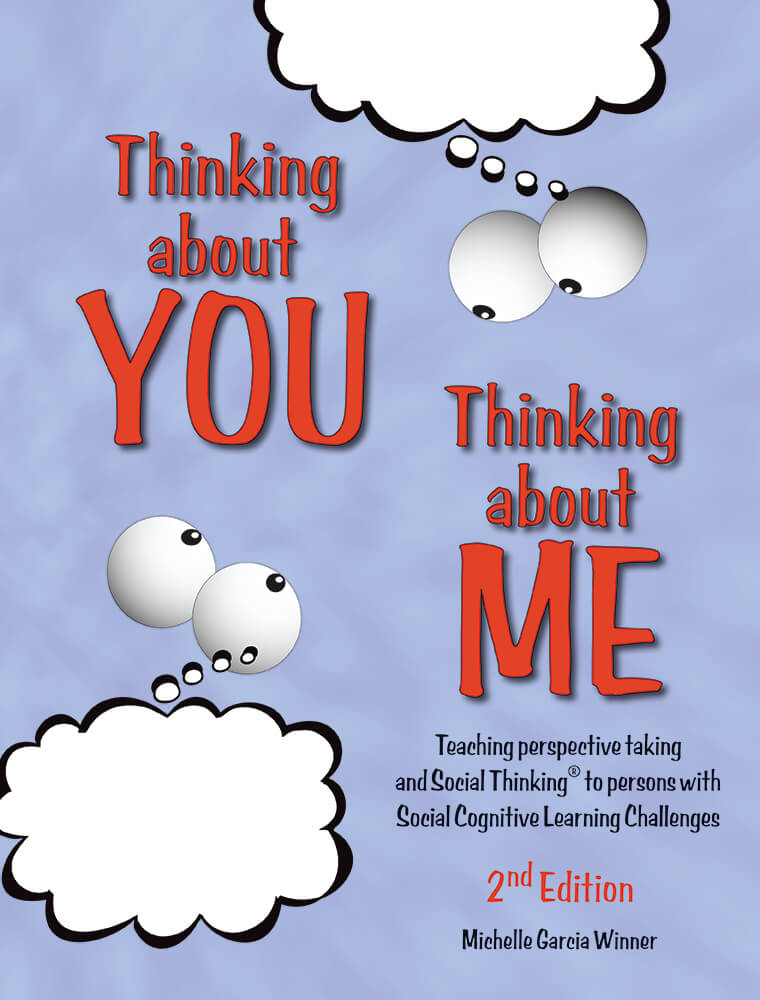
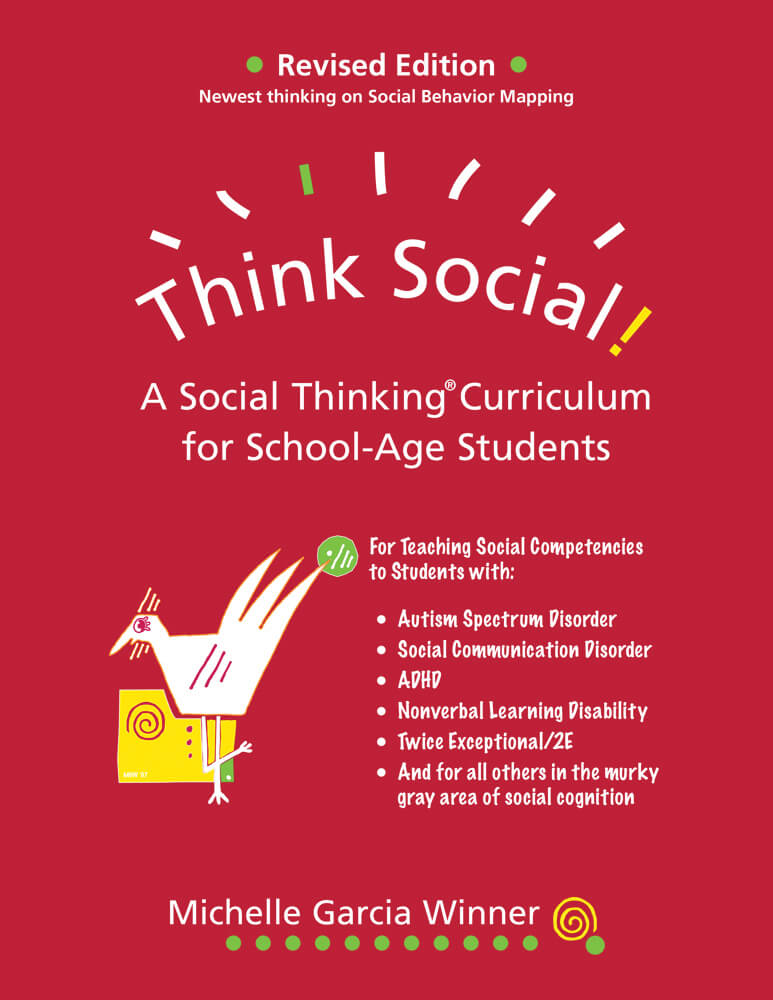
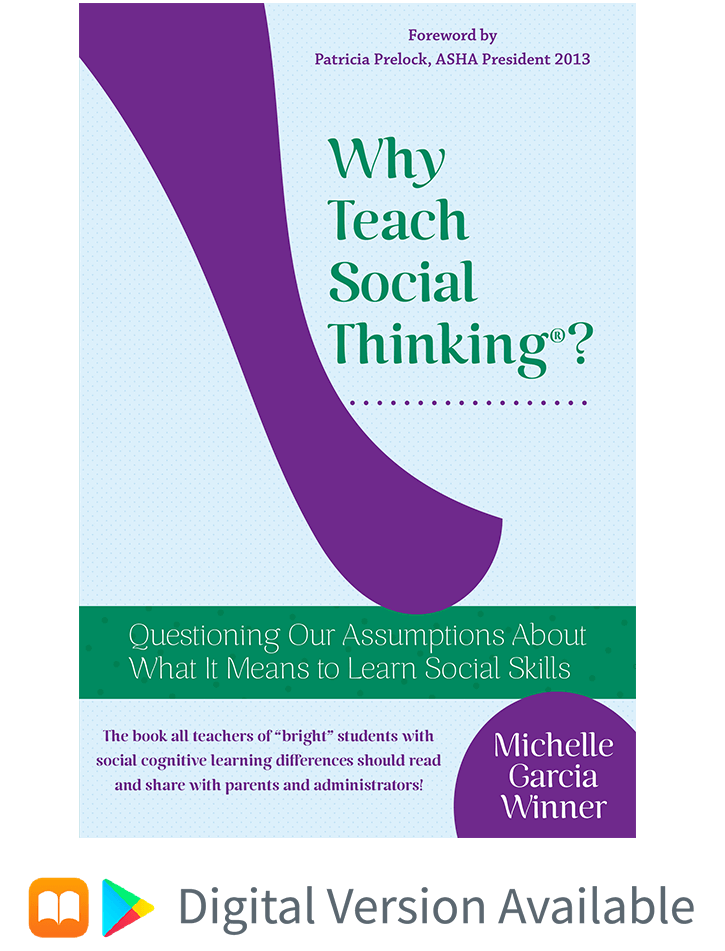



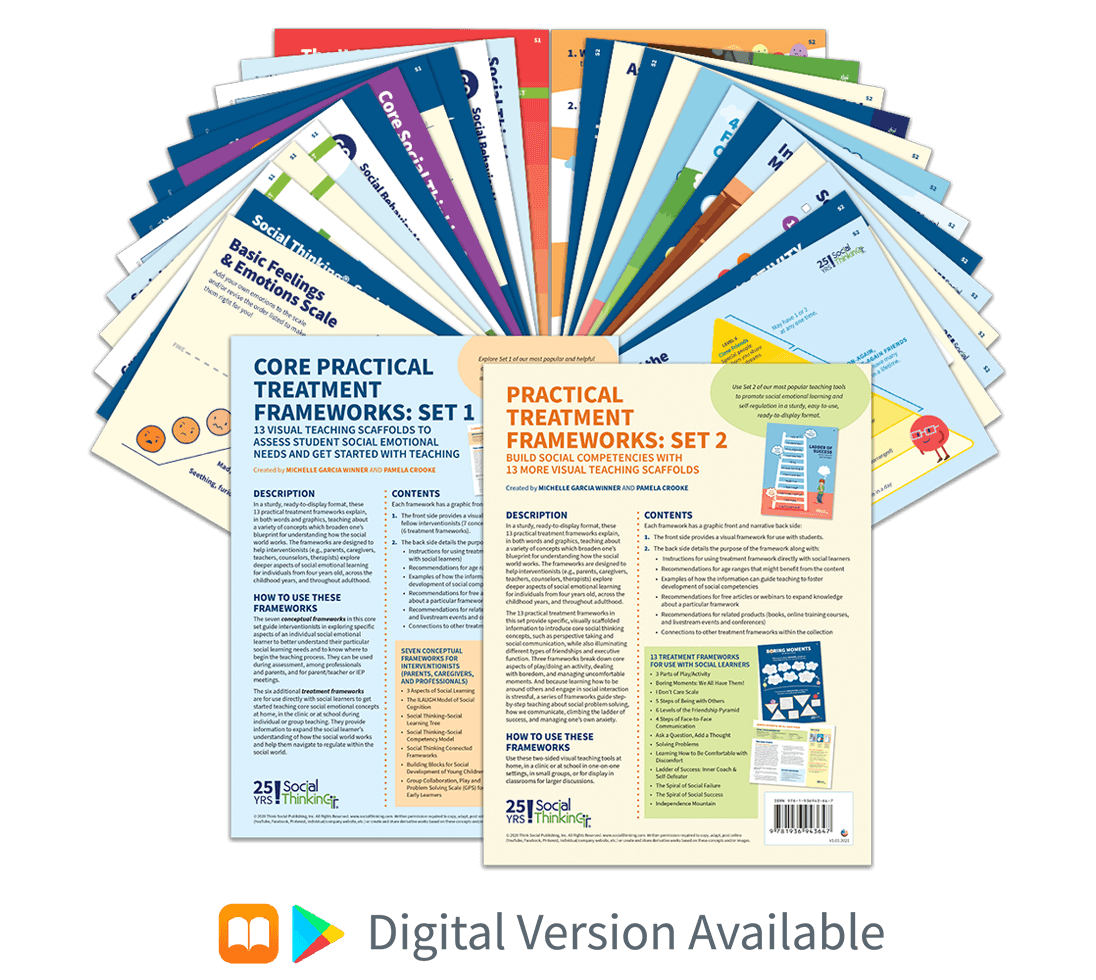
Best Sellers for Early Learners
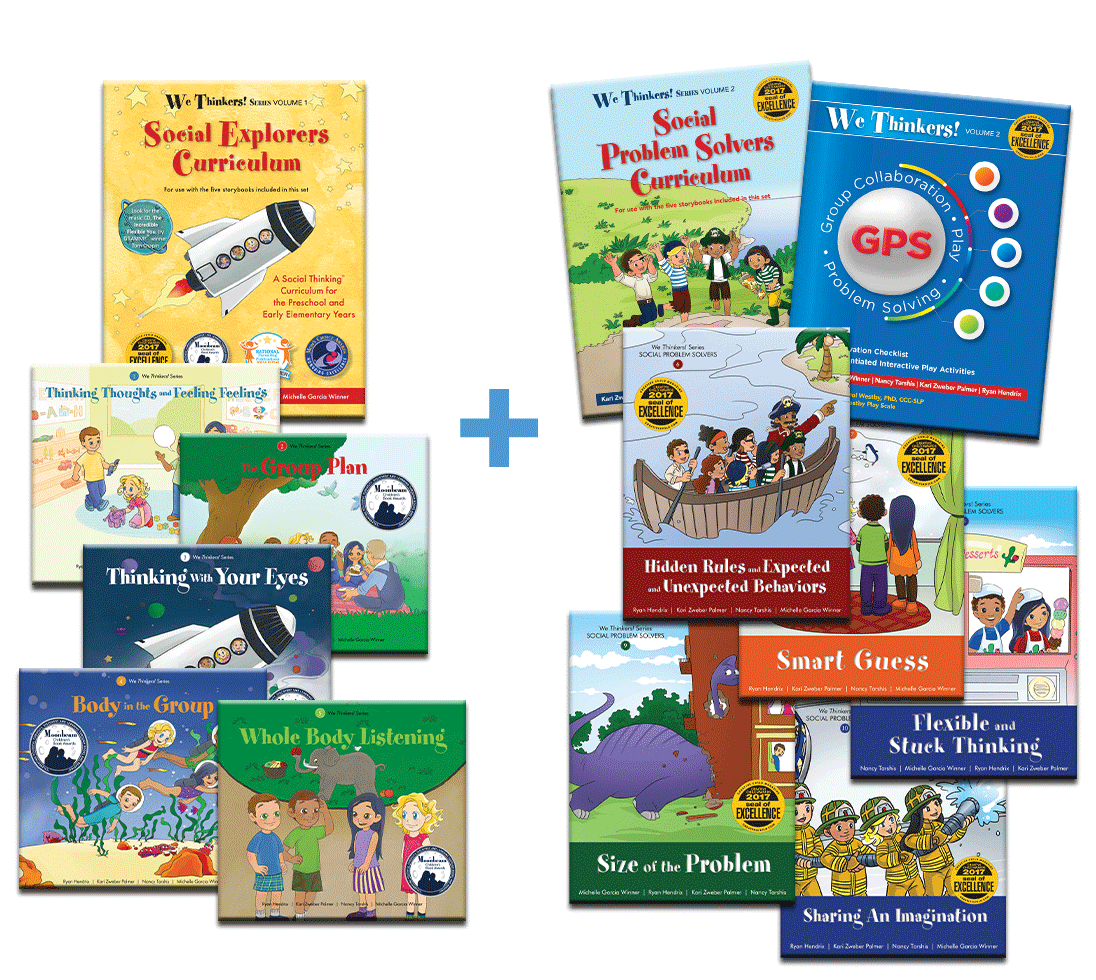



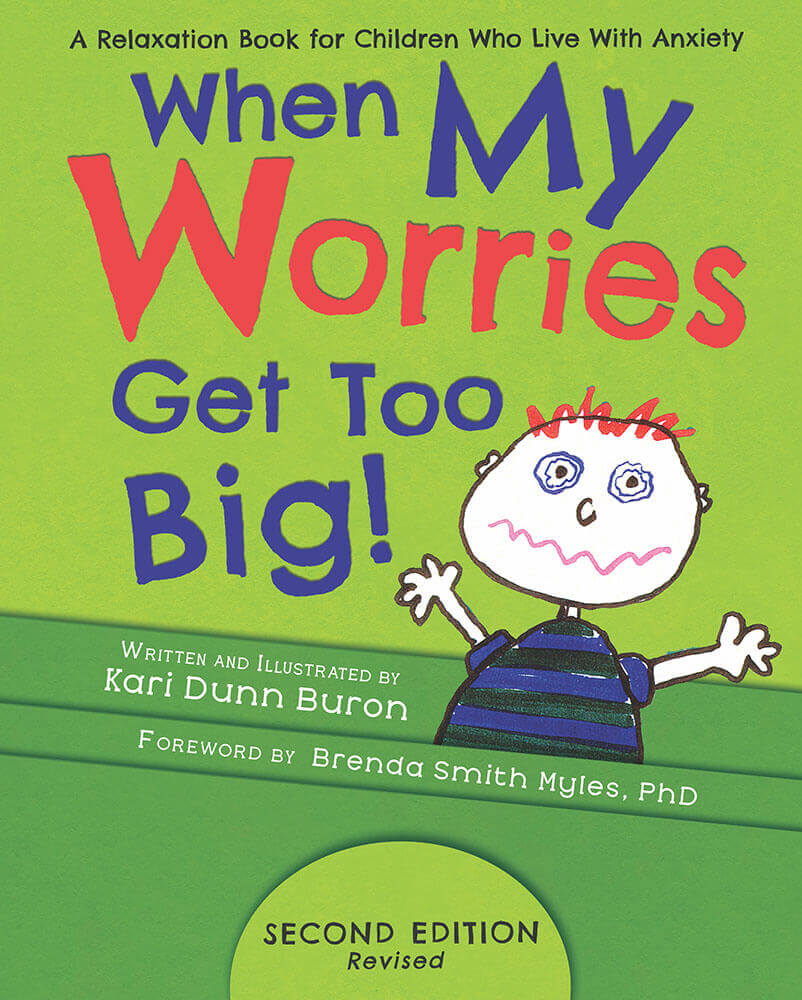
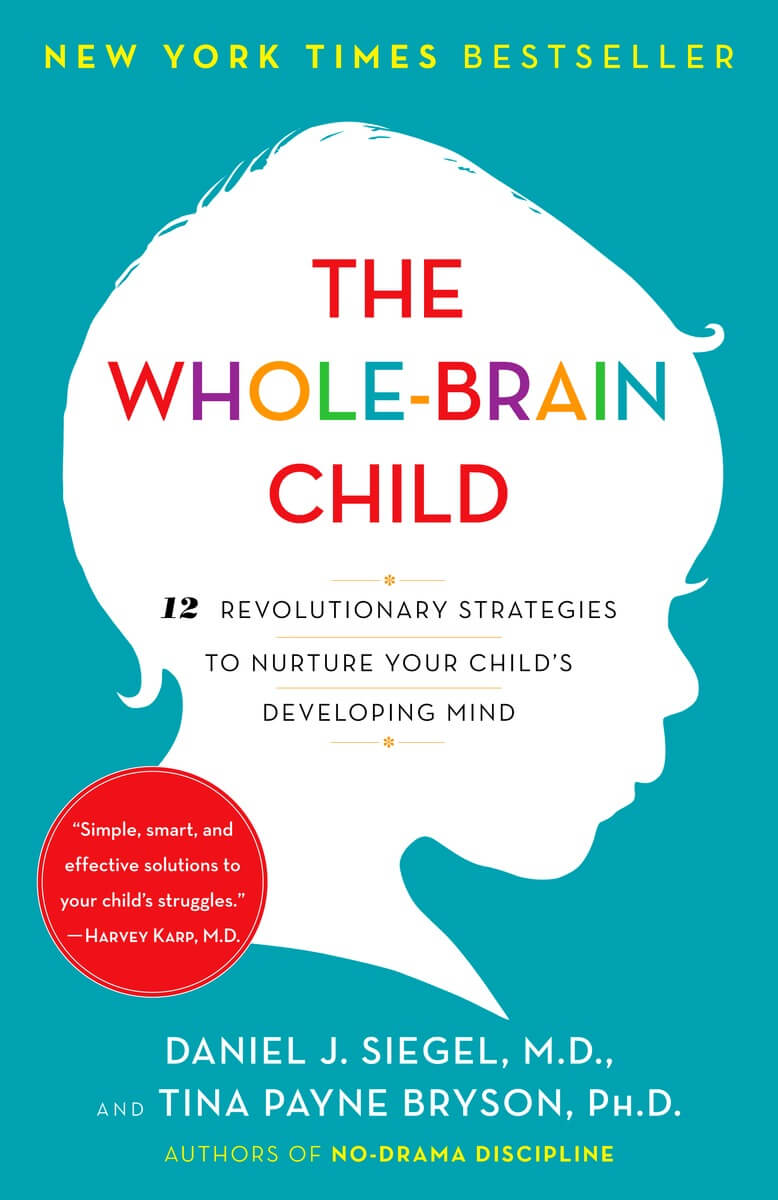
Best Sellers for Elementary School



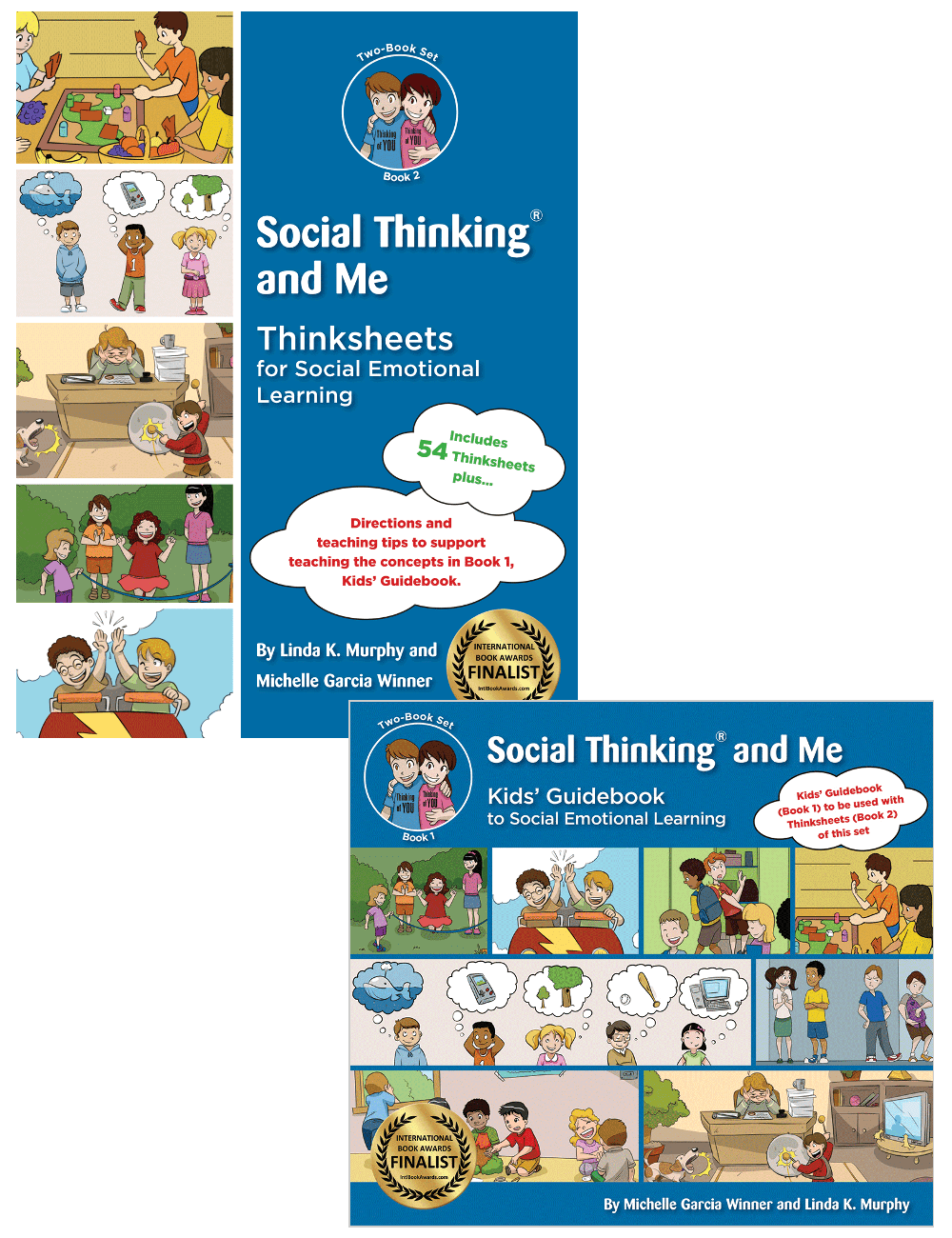
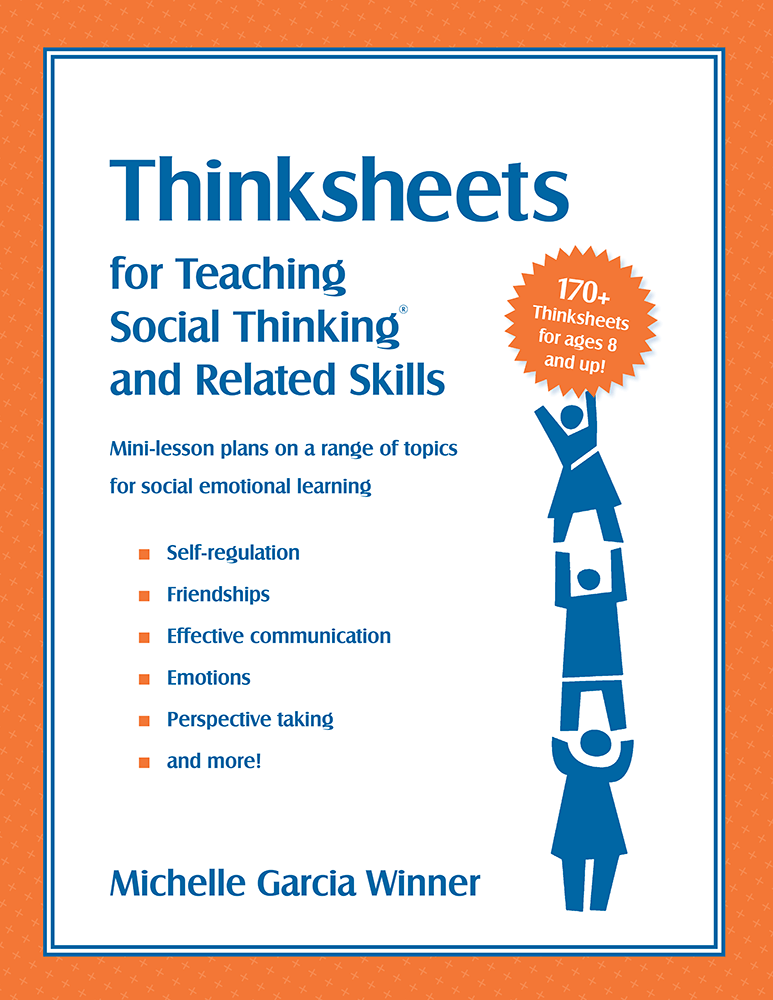
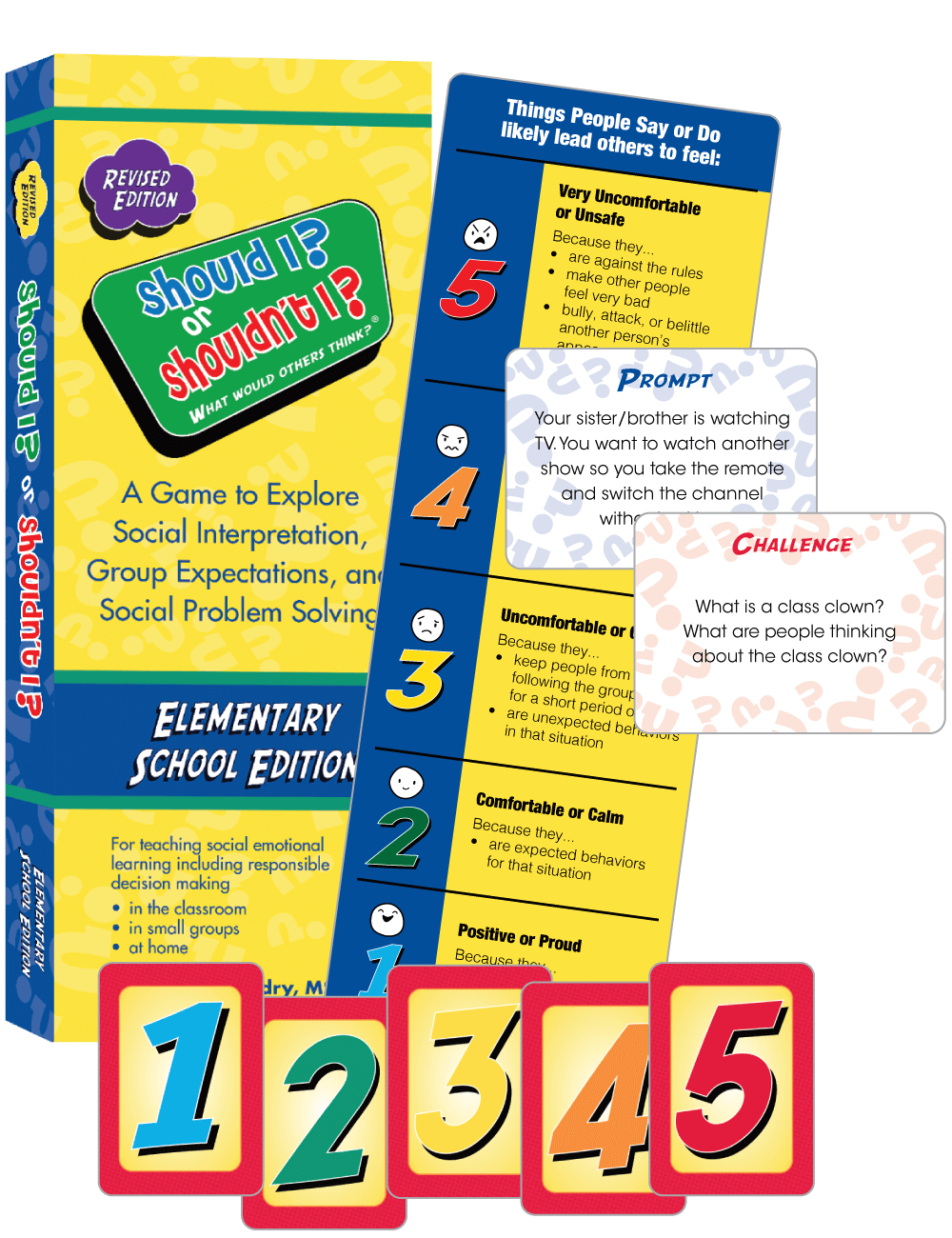
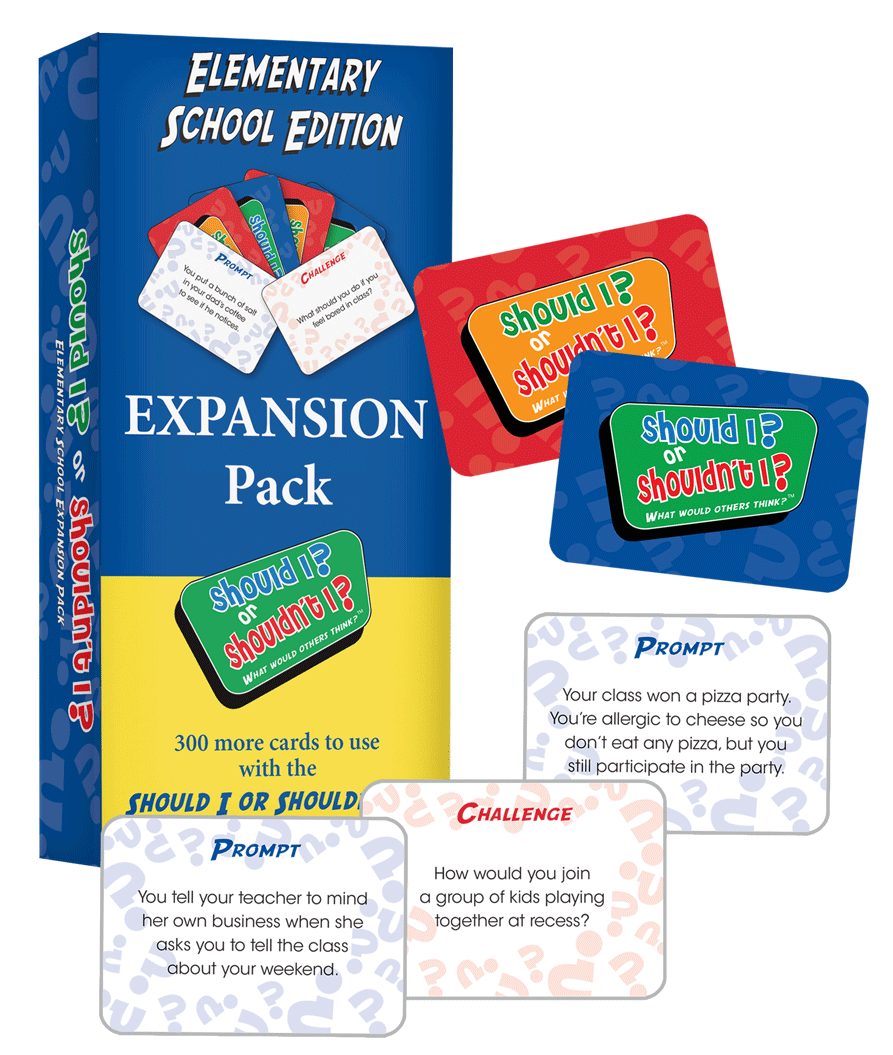
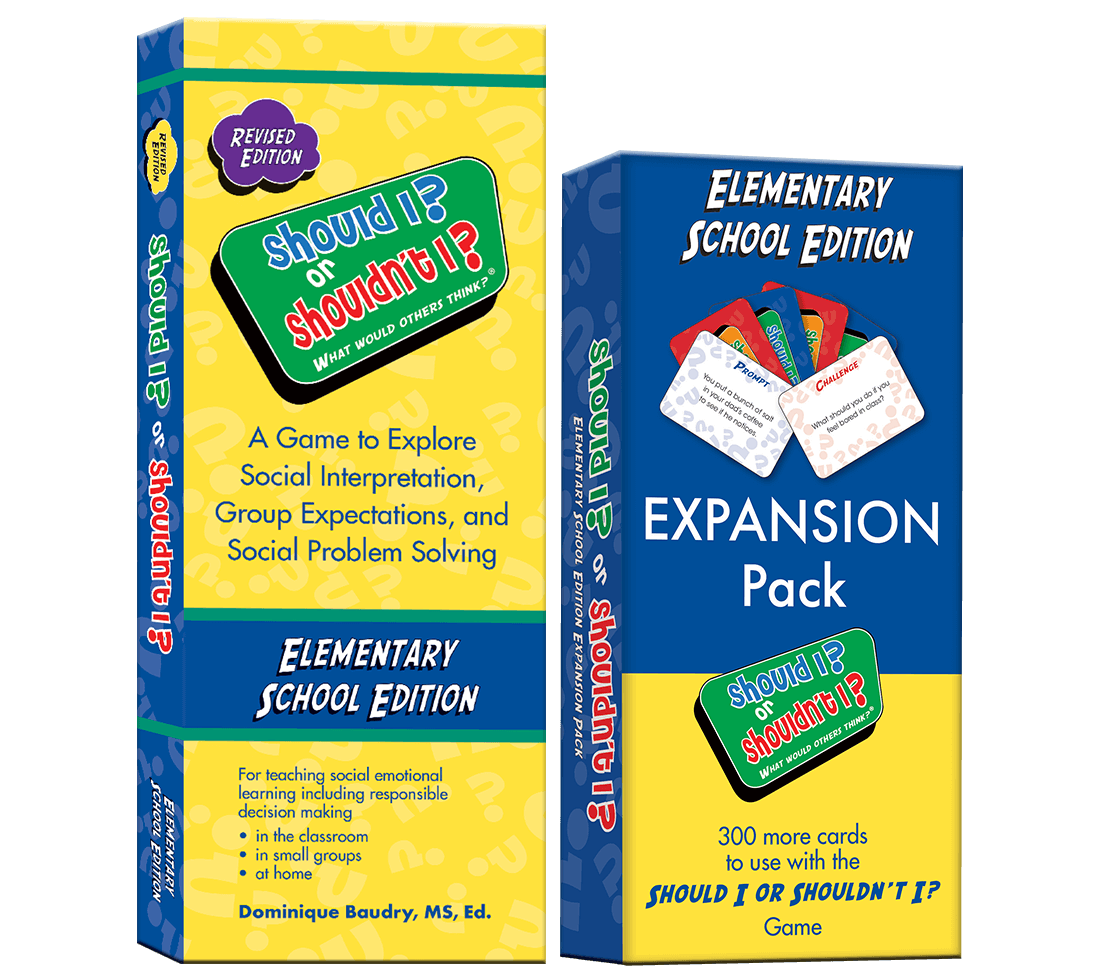
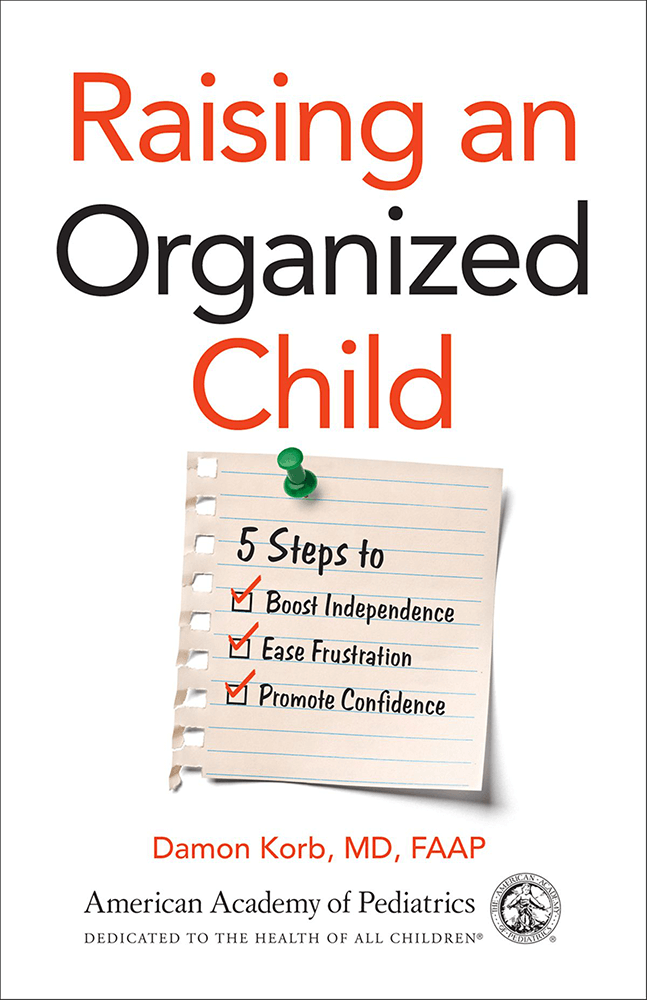
Frustrated parents who are tired of chaos will find concrete, actionable guidance for raising an independent, self-assured, and organized child. Dr Korb defines the neurodevelopmental abilities that are critical for organization and shows parents how to develop their children’s organized thinking skills.
Learn moreBest Sellers for Tweens, Teens & Young Adults
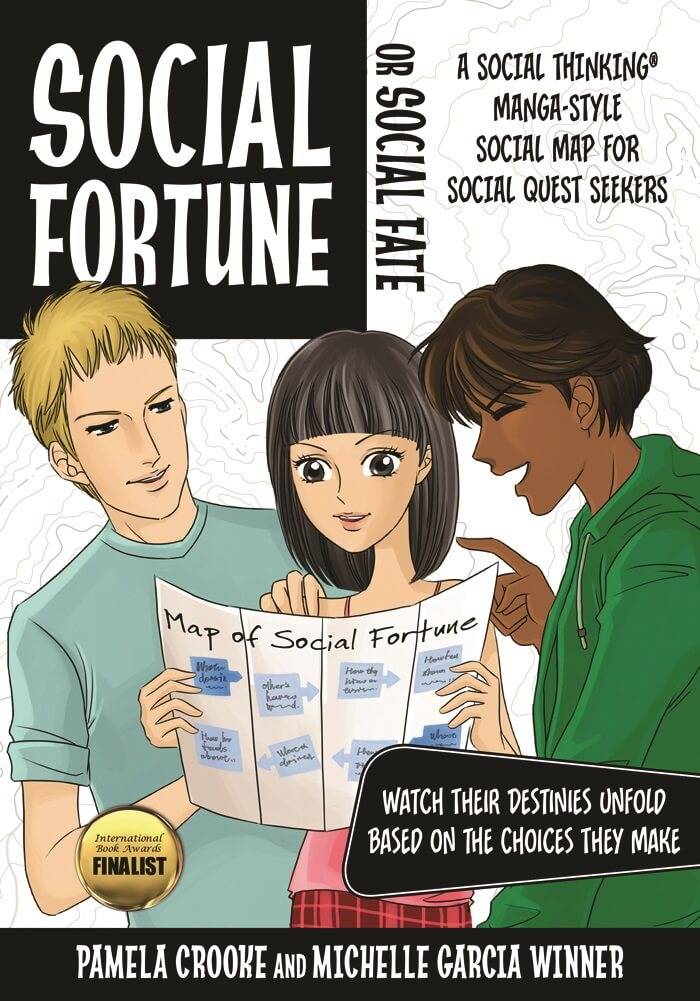
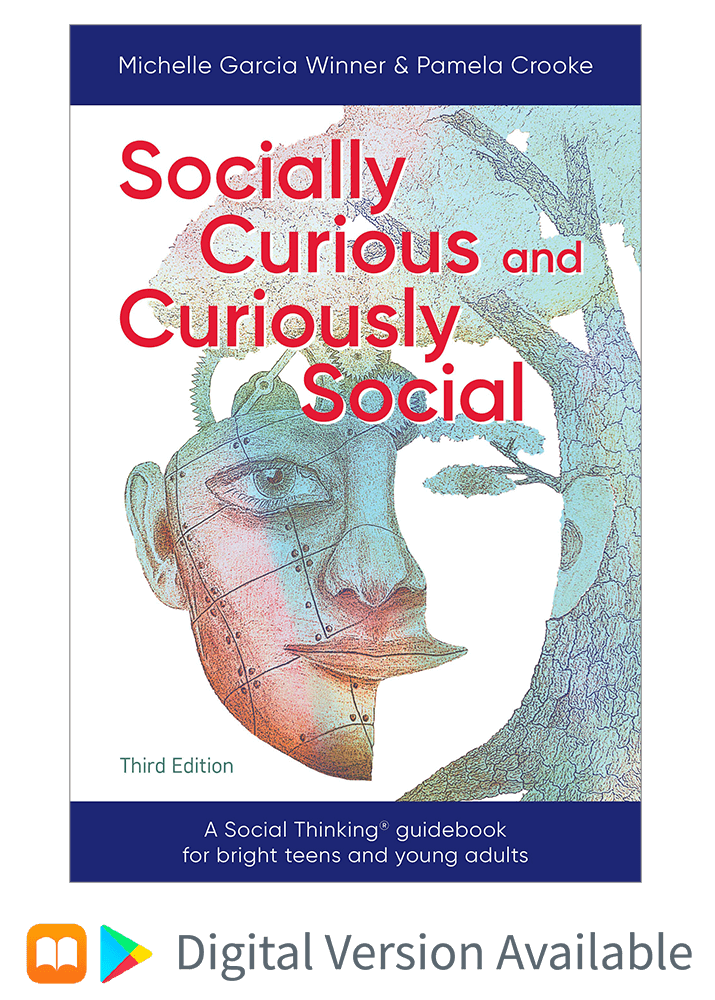
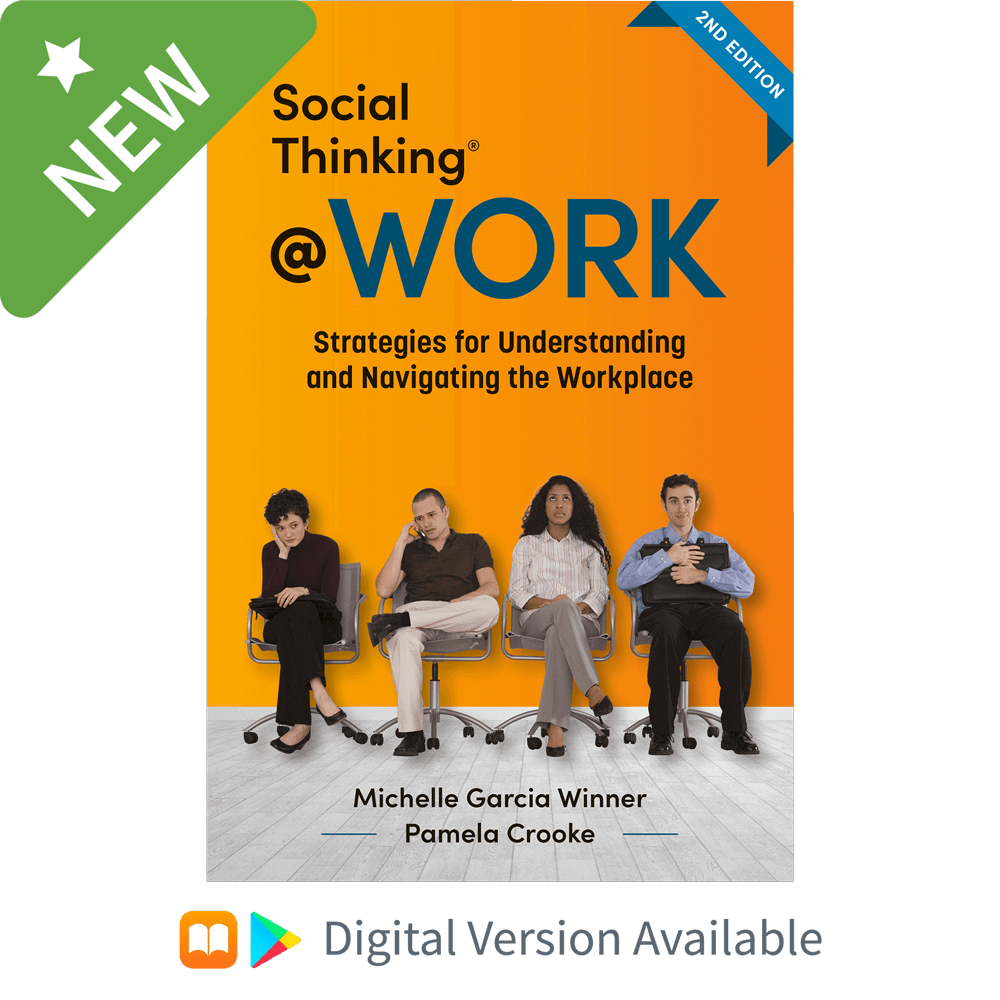
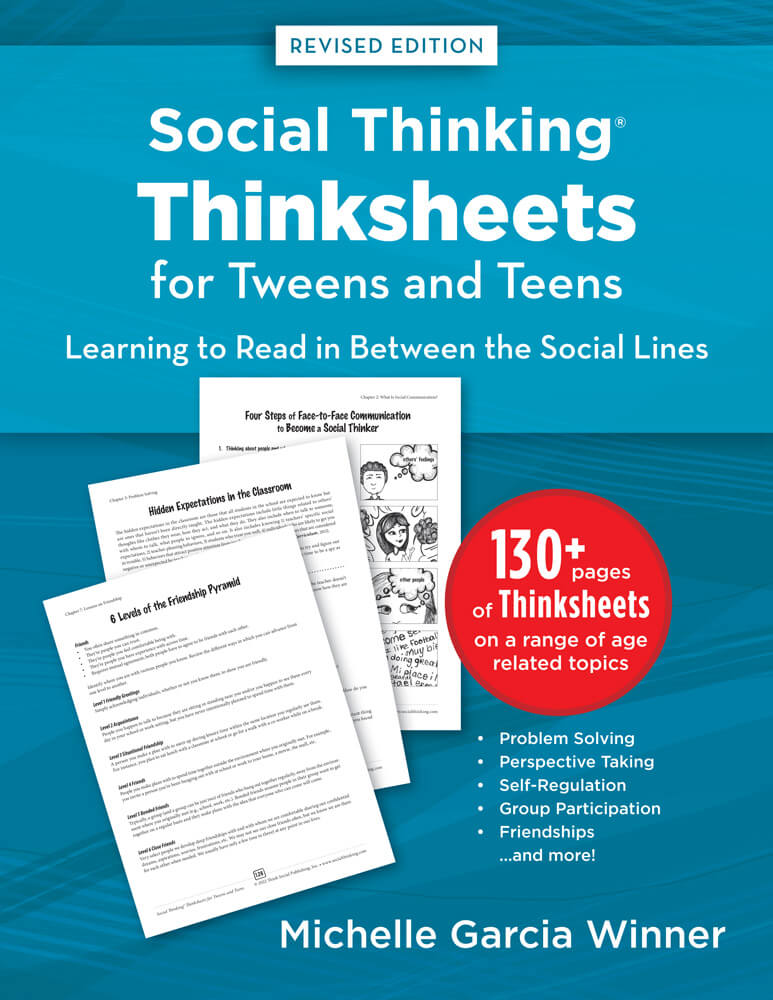
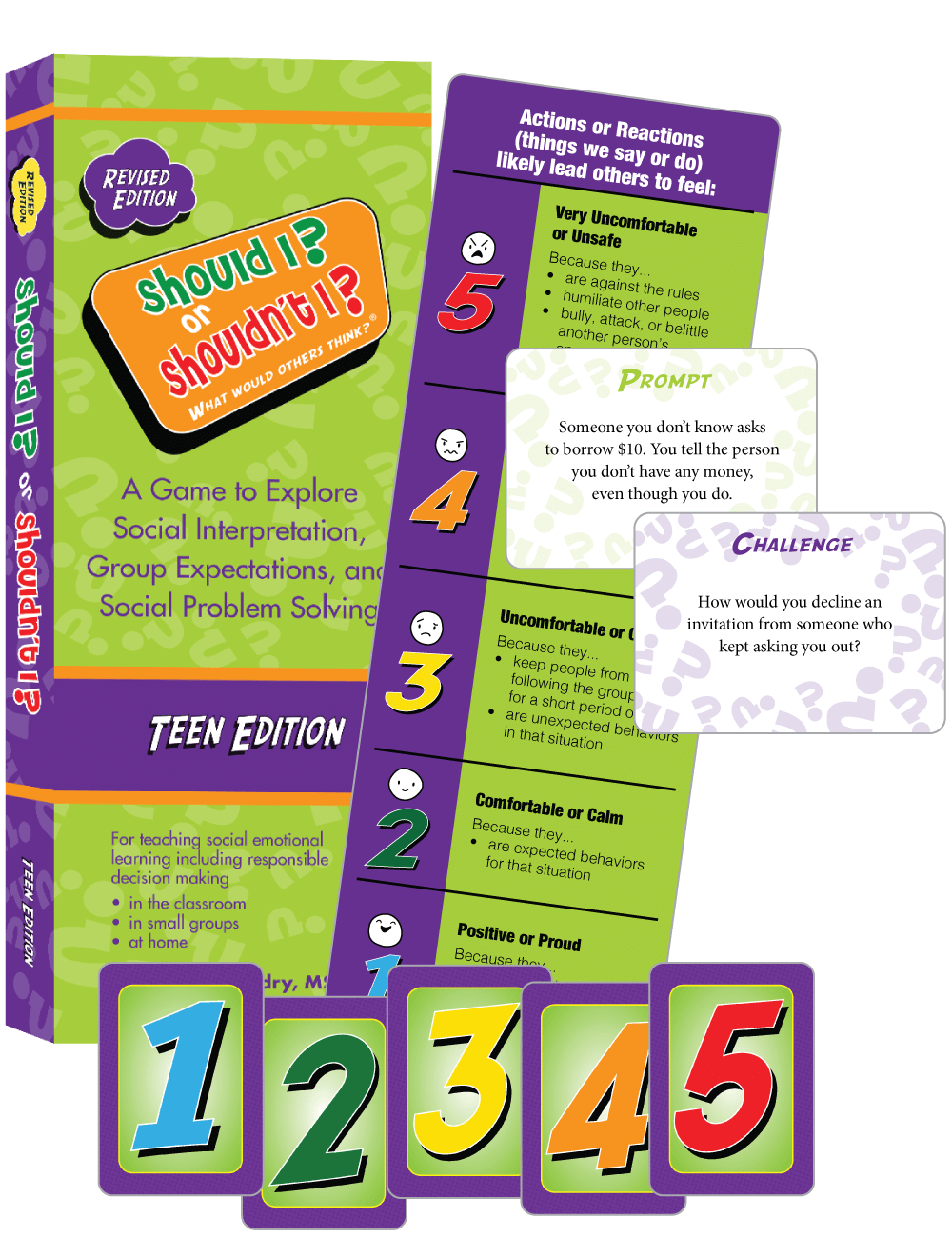
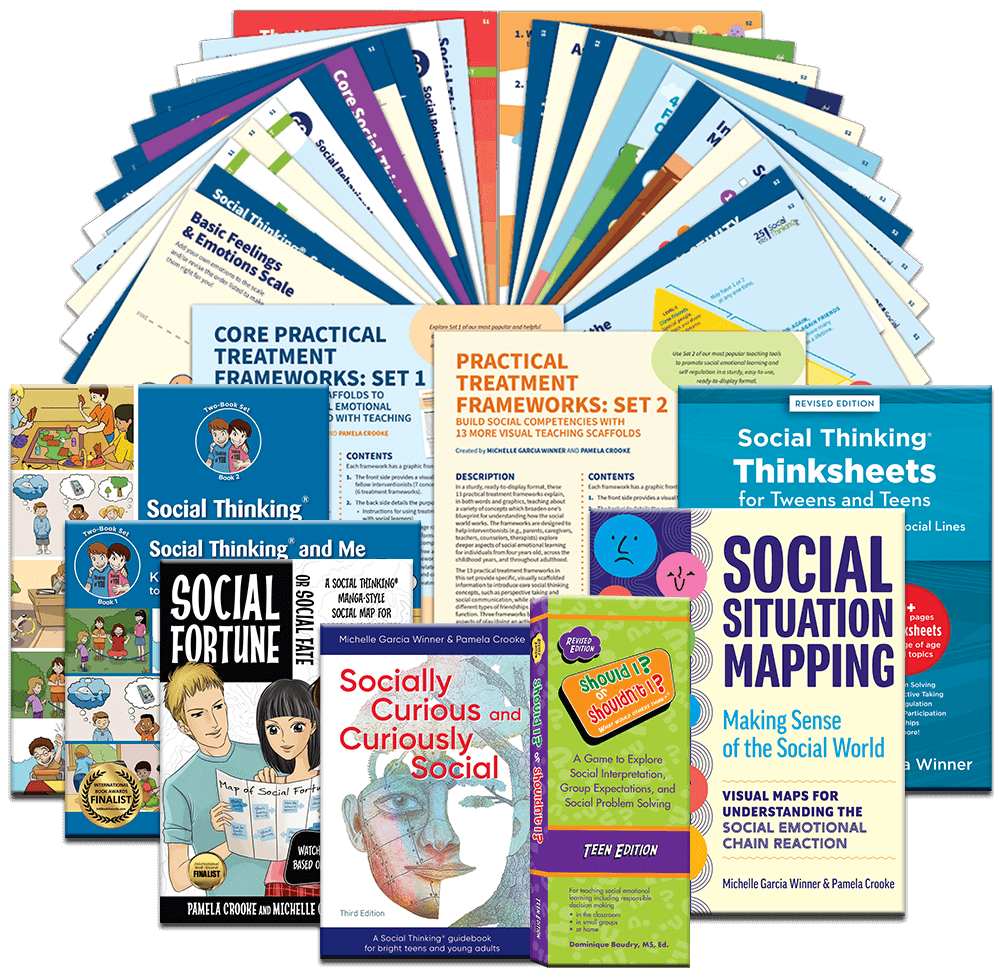
Free Stuff for Home & School
Free Articles
- Teaching an Essential Life Skill: How to Ask for Help
- Social Perspective Taking & The 5 Steps of Being with Others
- Respecting Neurodiversity by Helping Social Learners Meet Their Personal Goals
- Social Communication and the 4 Steps of Face-to-face Communication
- Understanding Core Social Thinking Needs: The ILAUGH Model
- What Does the Social World Look Like Through the Eyes of a Social Learner?
Free Articles
- 10 Ways the Autism Community Has Influenced the Social Thinking Methodology
- Social Metacognition: Using Social Emotional Learning to Engage Hope
- Teaching Expected & Unexpected Behaviors the Right Way
- Do We Really Need to “Get Back to the Green Zone”? We Think Not
- Self-Regulation Strategies for the Interventionist
What is Social Thinking?
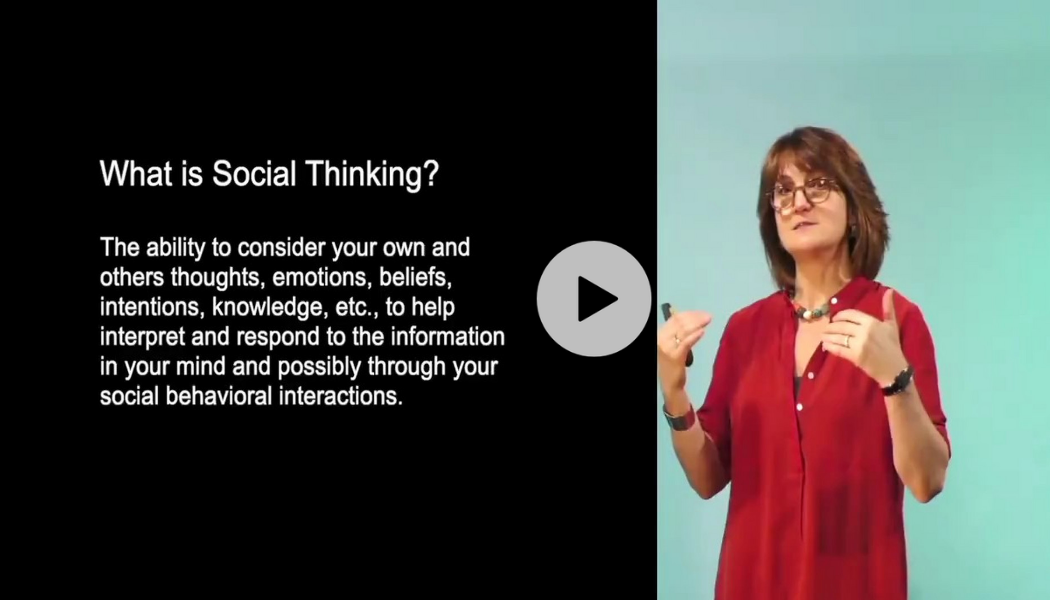
Strategies to Build Social Competencies
The Social Thinking Methodology provides evidence-based strategies to help people ages four through adult develop their social competencies, flexible thinking & social problem solving to meet their own social goals and improve:
- Conversation & social connection
- Executive functioning
- Friendship & relationship development
- Perspective taking
- Self-regulation
- Social Thinking Vocabulary
What People Are Saying About Social Thinking
Parents & Families
Thank you doesn’t seem enough for all that your teachings have done for me and my family! They have been a lifeline for me to re-connect with my 9-year-old. Everything you publish is 100% applicable. Keep up the amazing work!
Elementary School
Social Thinking has completely changed the environment of who we are as a whole. Thank you for providing us with such rich social and emotional resources. The impact that your resources make are life changing and early intervention is key. Your curriculum is truly amazing! I bought into Social Thinking about 9 years ago and will use this as long as I am in education.
Schools
I appreciate how the Social Thinking Methodology links social intent/thinking and the common core or school based standards. This connection, and the understanding that exists, is so crucial to every member of a student's school community.
Mental Health & Clinicians
The Social Thinking Methodology is the philosophy that I ascribe to professionally. It serves as my guide through assessment and intervention.
Speech Language Pathologists
I love how realistic the approach is, and doable! Based on real clinical experience adaptable to individual needs/strengths. Great that all the vocabulary is simple, easy to understand, and not full of professional shop talk.
Parents & Families
Social Thinking’s program has given me the much needed tools to communicate in a meaningful way with my 9-year-old son. Thank you. The stress level in our house has decreased along with the meltdowns. He is able to come out of the meltdowns much more readily.
Adult Clients
I am a professional, high-functioning 37 year old woman diagnosed as being on the spectrum two years ago. The Social Thinking Methodology is by far the most helpful resource I have encountered. It would not be an exaggeration to say that it changed my life. Your concrete examples are extremely helpful.









